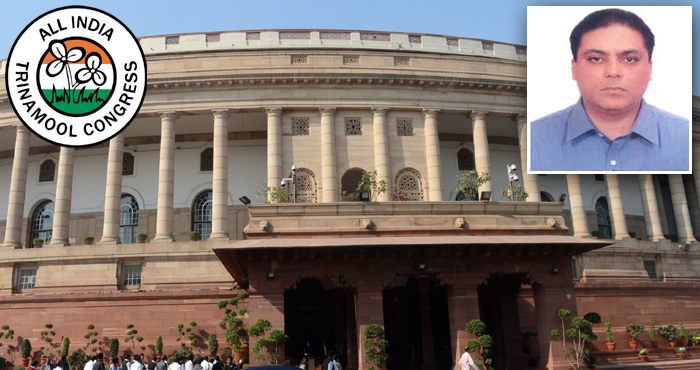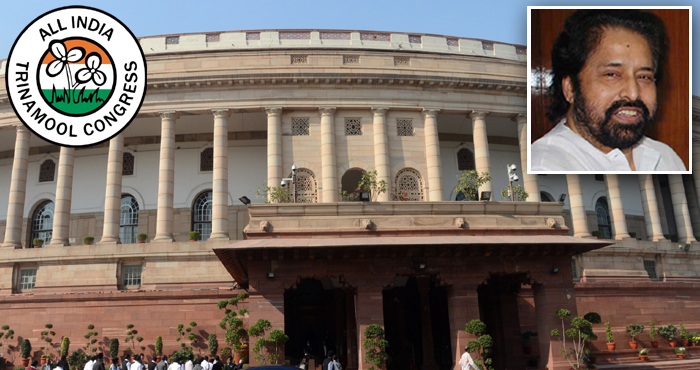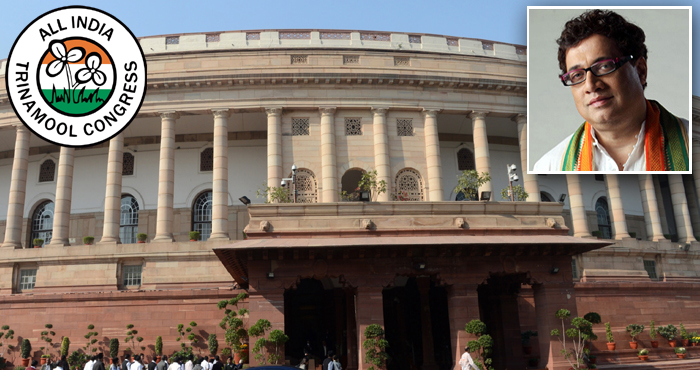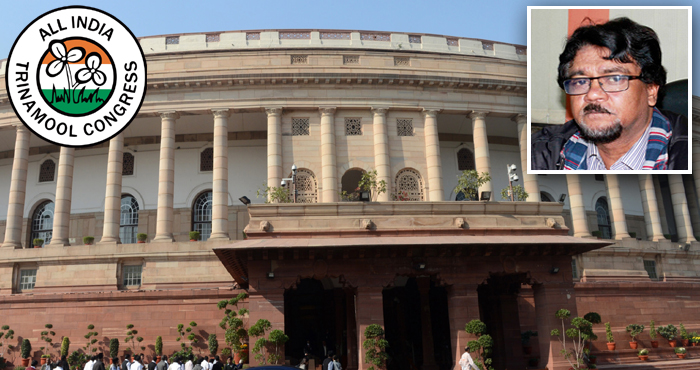Last year, according to international estimates, India lost $3 billion due to floods. Sir, I have a few specific questions for the Honourable Minister.
My first question is regarding Flood Management Programmes.
The former Planning Commission laid down Flood Management Programmes in consecutive Five-Year Plans. Now that the Planning Commission has been disbanded, what is the status of this programme and has the Government introduced any new protocols to improve it?
My second question to the Minister is regarding compensation criteria.
When Cyclone Komen hit Bengal, the State Government had the foresight and initiative to set up 3000 relief camps across the 12 affected districts, giving shelter to 2.14 lakh people.
However, in the allocation of funds to the State government to mitigate damages caused by a natural disaster, pre-emptive measures and the costs thereof is not taken into account by the Centre. The amount of compensation is only based on the number of lives lost.
We had raised this in the previous sessions of Parliament as well. I would like to ask the Minister whether the Government will consider this while deciding on relief packages, especially since it will incentivise and greatly support States in taking proactive and necessary steps to control damage caused by such disasters.
My third question is regarding the steps being taken to strengthen existing institutions that handle disasters in the country.
In the Winter Session, we had raised the issue of the National Disaster Management Authority (NDMA) being “ill-prepared” to handle disasters. This was clearly mentioned in a report of the CAG (Comptroller and Auditor General of India). Similarly, the National Disaster Response Force (NDRF) has also been reported to be ill-equipped and the funds allocated to it have remained grossly underutilised.
The NDMA was set up in 2005 and the NDRF in 2006. After nearly 10 years, why is the Government complacent in dealing with disasters, considering that our country is often plagued by natural calamities?
My fourth question is regarding a coordinated approach in dealing with disasters.
Flood disaster and its impact on the lives of people, infrastructure and the economy of the State is a multi-pronged issue. It would, therefore, require the combined effort of Finance Ministry, Home Affairs Ministry, Water Resources Ministry and even the Agriculture and Farmers’ Welfare Ministry.
Has the Government taken any steps to devise an integrated inter-ministerial approach, not only through meetings but for actual groundwork? Or, would the Government considering building an inter-ministerial mechanism which will work along with the concerned State Government, and be activated on receiving reports of floods?




